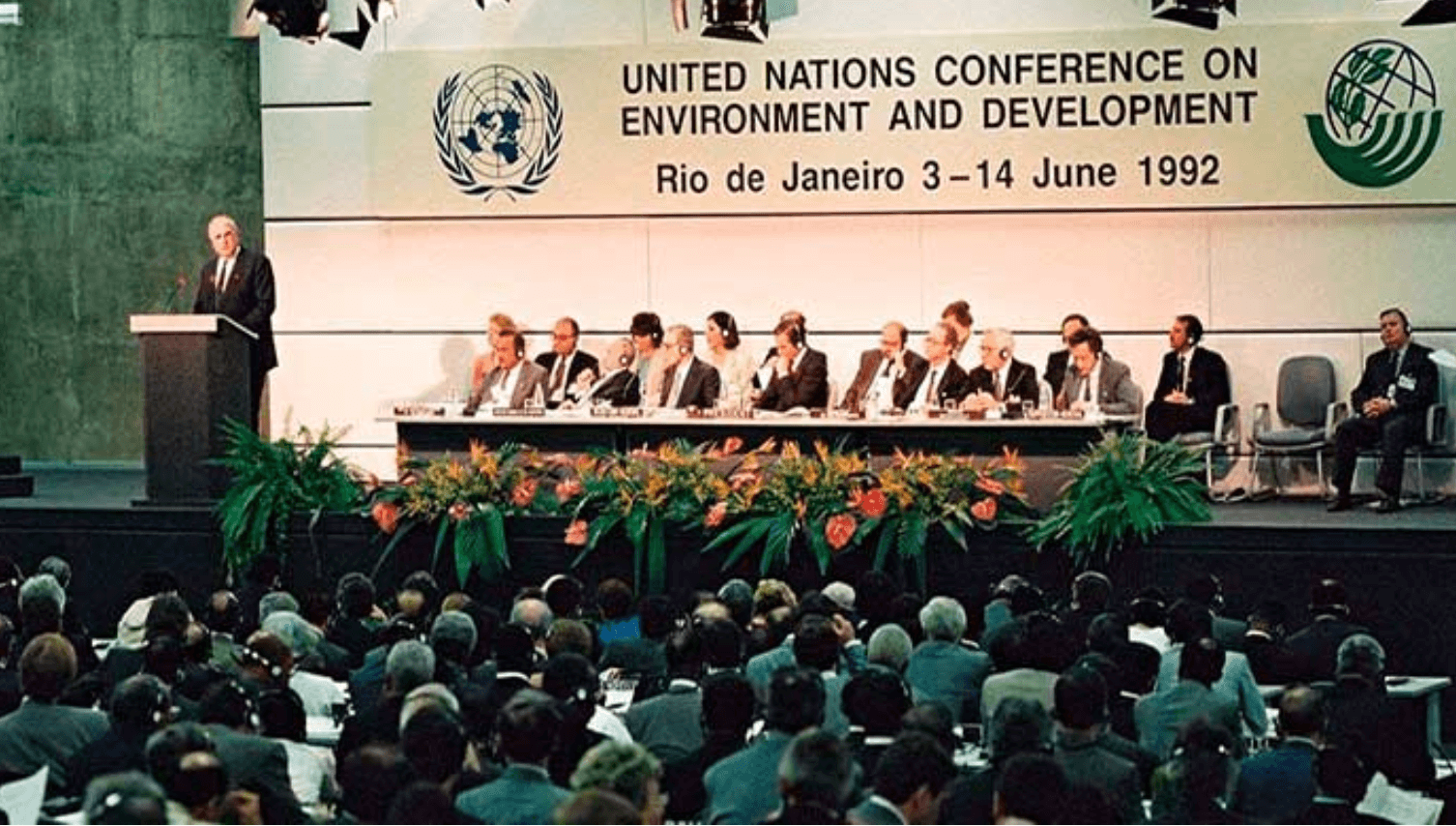Environmental Governance and Policy
| The Journal of Environment & Development |23 February 2012
Toward Enabling and Inclusive Global Environmental Governance

Introduction
Sustainable development has always been a compromise formulation that papered over real conflict between environment and development. Twenty years after Rio, the geopolitical climate is far less conducive to easy compromises. Given an embattled North and a rising South, particularly Asia, the language of zero sum conflict rather than positive sum cooperation is likely to prevail. Green growth offers one way to paper over these conflicts yet again, but it would be prudent to resist this temptation. There is incomplete buy-in to the green growth story, and some in the South are also concerned that this narrative will downgrade poverty alleviation and equity considerations from the sustainable development triad of environment, growth and distribution. In this context, Rio+20 can play a positive role by focusing on national and sub-national institutions and embracing a diversity of national political, institutional and legal contexts; seeking to impose uniformity is likely to chafe. Global efforts can play a supporting role by inducing normative change, stimulate national processes, and provide hooks for domestic policy actors. In addition, Rio+20 should ensure that inclusion of the weakest should remain firmly on the agenda. While the conversations may be difficult, Rio+20 will be most productive if it leads to engagement with fraught geopolitical issues than if, once again, these are papered over.
Read more
